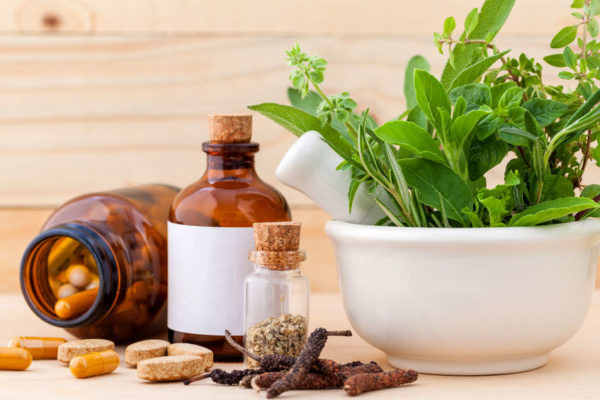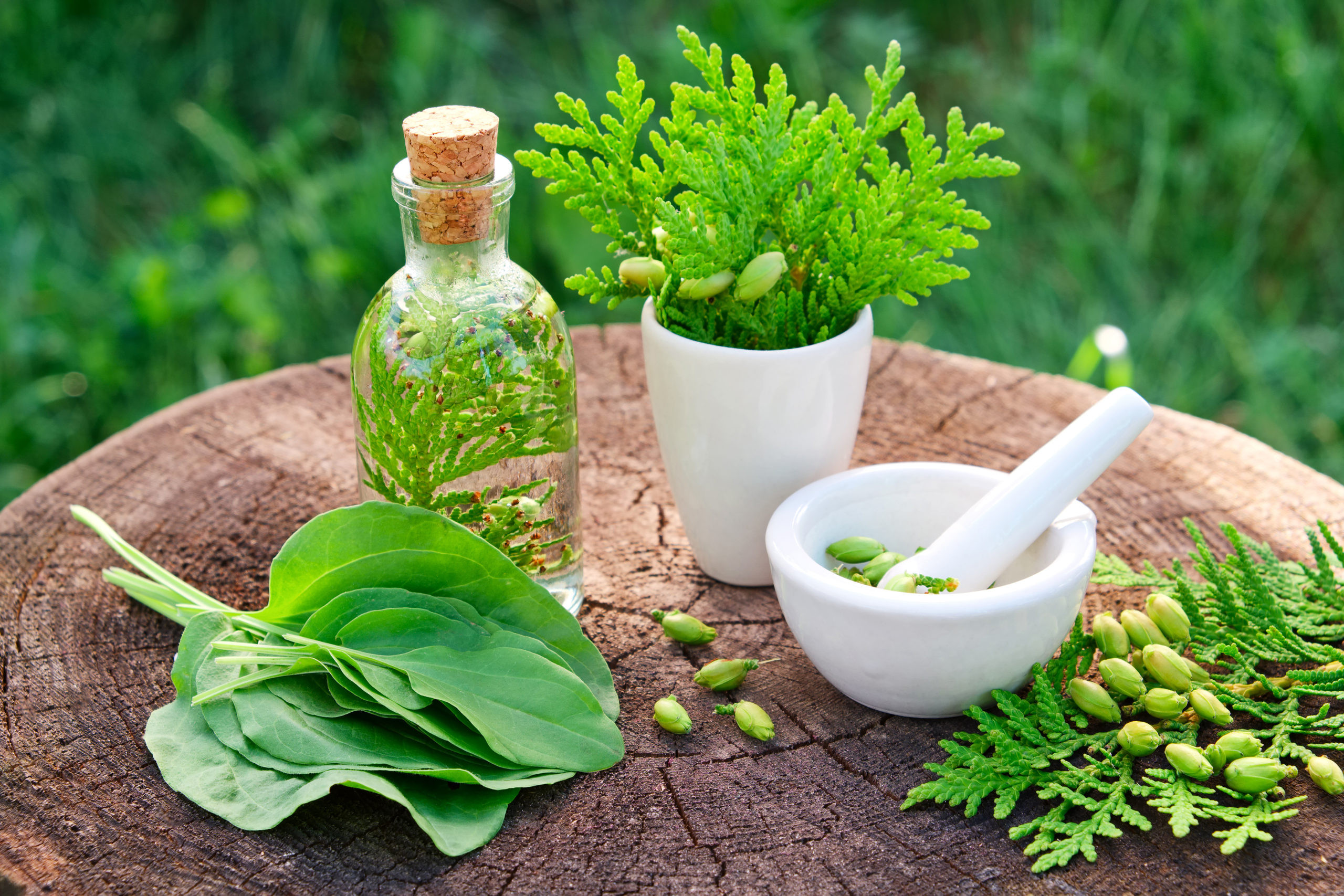A Return to Growth: Herbal Supplement Sales Rebound in 2023
After a slight dip in 2022, the US market for herbal supplements saw a positive shift in 2023, experiencing a 4.4% increase in annual sales, reaching an estimated $15.551 billion. This marks a return to growth after a period of pandemic-related fluctuations, indicating a continued interest in natural health solutions among US consumers.
Key Insights from the 2023 Herb Market Report
The 2023 Herb Market Report, published in the fall issue of HerbalGram, a quarterly journal by the American Botanical Council (ABC), provides a comprehensive analysis of the US herbal supplement market. It is based on retail sales data provided by SPINS and Nutrition Business Journal (NBJ) and offers insights into the top-selling ingredients and trends driving the market.
Top-Selling Ingredients in the Mainstream Channel
In the mainstream channel, which includes grocery stores, drug stores, and mass merchandisers, psyllium, commonly used for digestive and cardiovascular health, remained the top-selling ingredient for the second consecutive year. Beet root, with a remarkable 108% sales growth, climbed to the eighth spot on the top 40 list. Other ingredients showing significant growth include wheatgrass/barley grass, bacopa, oat, cinnamon, ginkgo, and guarana.
Top-Selling Ingredients in the Natural Channel
The natural channel, including co-ops, associations, independent retailers, and large regional chains, saw turmeric retain its position as the top-selling herb for the third consecutive year. Barberry, with sales nearly doubling from 2022, experienced the highest growth, likely driven by the increasing popularity of berberine, a naturally occurring alkaloid found in barberry and other plants, which gained traction for its potential weight-loss benefits.
Factors Contributing to the Market Shift
The report suggests several factors contribute to the market's positive shift, including:
- Increased consumer spending on products marketed for healthy aging: This trend reflects a growing focus on preventative health measures and well-being in an aging population.
- Declining sales for some ingredients commonly used for immune health: This may be attributed to the easing of the pandemic, with consumers less concerned about boosting immunity.
- The rise of berberine's popularity: The increased awareness of berberine, a naturally occurring alkaloid with potential weight-loss benefits, drove the strong sales growth of barberry in the natural channel.
A Positive Outlook for the Herbal Supplement Market
The positive growth in 2023 signals a healthy market trend, reflecting a continued commitment to natural health among millions of Americans. While the market has experienced some fluctuations in recent years, the overall trend over the past two decades indicates a growing acceptance of herbal supplements as a means to support optimal health and well-being. The future of the herbal supplement market seems bright, driven by the increasing awareness of natural health solutions, innovative product development, and the evolving needs of a health-conscious consumer base.
The Evolution of the Herbal Supplement Market
The herbal supplement market is not just a story of sales figures; it's a fascinating evolution of consumer preferences and trends. Here are some key factors that contribute to its dynamism:
The Rise of Natural Health Awareness
Consumers are increasingly informed and seeking natural alternatives to traditional healthcare approaches. This growing awareness of natural health solutions drives the demand for herbal supplements as a means to support overall well-being.
The Power of Social Media and Influencer Marketing
Social media platforms have become a powerful force in shaping consumer perceptions of herbal supplements. Influencers and online communities play a crucial role in promoting specific ingredients, sharing personal experiences, and driving consumer interest in certain products. The trend of berberine's popularity, for example, highlights the influence of social media on product awareness and consumer choice.
Innovation in Product Development
The herbal supplement industry is constantly evolving to meet the needs of a discerning consumer. Innovative delivery formats, such as capsules, powders, and gummies, cater to varying preferences and offer convenience. New product lines emerge, focusing on specific health concerns, such as cognitive health, gut health, and weight management, reflecting a growing understanding of the interconnectedness of different aspects of well-being.
Looking Ahead
The herbal supplement market is poised for continued growth, driven by several factors:
- The growing awareness of natural health solutions: Consumers are actively seeking natural approaches to health and wellness, contributing to the increasing demand for herbal supplements.
- The rising popularity of personalized health solutions: There is a growing interest in personalized approaches to health, with consumers seeking supplements tailored to their unique needs and goals. This trend is further fueled by advancements in technology and personalized nutrition, allowing for more targeted health interventions.
- The continued development of innovative products: The industry will continue to innovate, developing new and improved product formulations, delivery formats, and technologies to meet evolving consumer demands.
A Market with a Bright Future
The US herbal supplement market is a dynamic and growing sector, reflecting a significant shift in consumer attitudes towards natural health. The market is poised for continued growth, fueled by a growing awareness of natural health solutions, innovation in product development, and the evolving needs of a health-conscious consumer base. The future of the herbal supplement industry looks bright, promising new opportunities for both consumers and manufacturers.


















